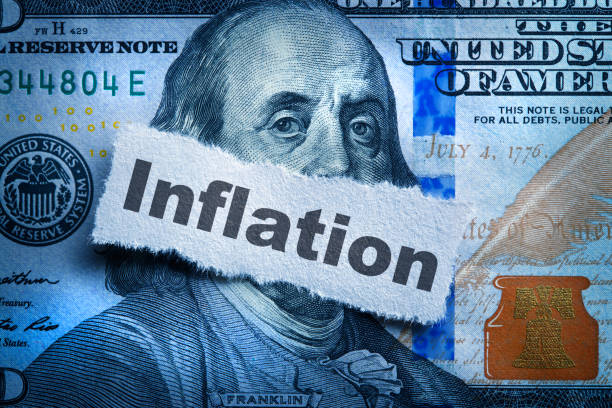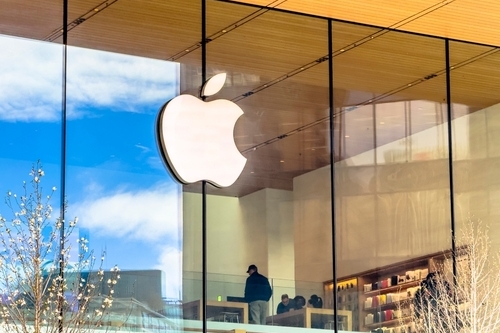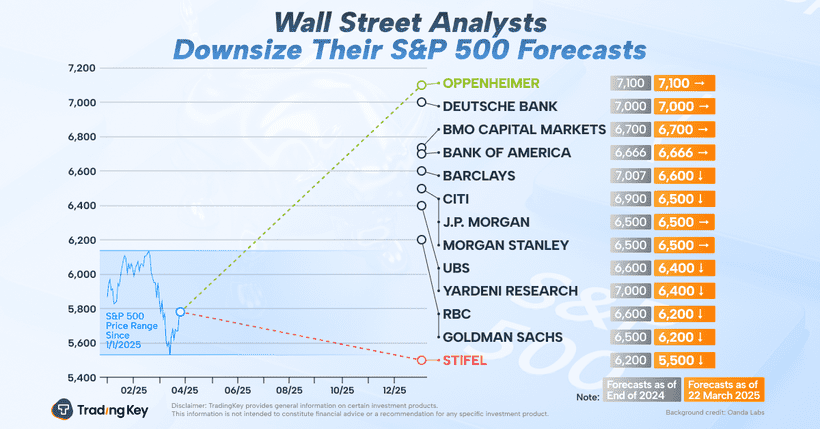Under Trump’s Auto Tariffs, U.S. Jobs Growth Tells ‘A Tale of Two Outcomes’

TradingKey — On March 26, U.S. President Donald Trump announced a 25% tariff on all non-American-made imported vehicles, effective April 2, claiming the measure will boost job growth. However, the automotive industry remains deeply divided over the policy’s potential impact.
Positioning tariffs as a cornerstone of his agenda to revive domestic manufacturing and fund tax cuts, Donald Trump asserted that the levies would spark a wave of new auto plant construction and deliver employment numbers "that you haven't seen both in terms of employment".
"It takes a little while, you'll have great construction numbers initially, and then ultimately you're going to have a lot of people making a lot of cars," Trump declared.
His rationale was blunt: "If they have factories here, they are thrilled. If they don't have factories here, they're going to have to get going and build them because otherwise they have to pay tariffs."
The United Auto Workers (UAW) union welcomed the move, arguing that automakers—from Detroit’s Big Three to global players like Volkswagen—would repatriate "good jobs" to the U.S., benefiting blue-collar workers.
Just days earlier, South Korea’s Hyundai announced a historic $21 billion investment over the next four years in U.S. automotive, steel, parts, and energy sectors, aiming to create 14,000 direct jobs by 2028.
Yet Cox Automotive estimates that without tariff exemptions, $3,000 would be added to the cost of a U.S.-made vehicle and $6,000 to one made in Canada or Mexico.
Cox predicts that if tariffs take effect, "virtually all" North American auto production could face disruptions by mid-April, potentially slashing daily output by 20,000 vehicles—a 30% drop.
Meanwhile, Autos Drive America, which represents foreign automakers such as Honda, Toyota, and Volkswagen, countered that tariffs would inflate would inflateproduction and consumer costs, ultimately reducing choices for buyers and hurting U.S. manufacturing jobs.






